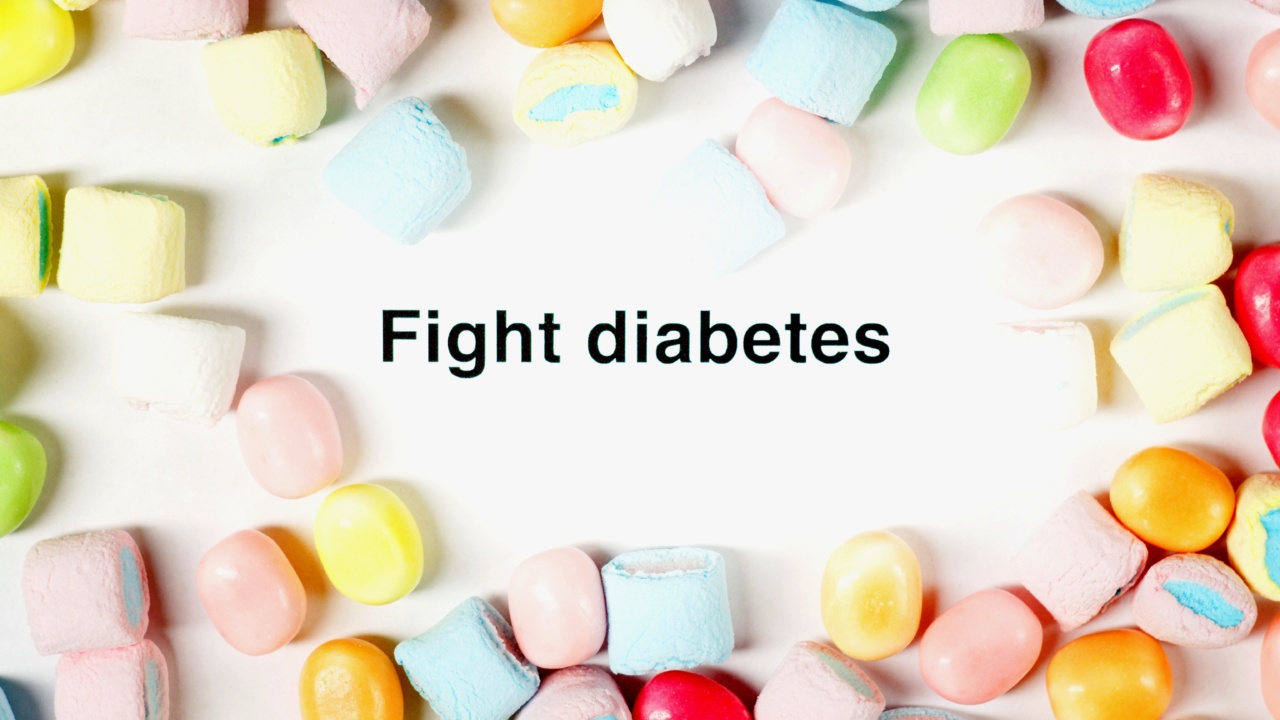There is no doubt that sugar is a highly addictive substance. In fact, recent research has found that sugar can be even more addictive than cocaine.
When you eat sugar, it activates the same brain regions that are activated by drugs like cocaine and heroin, releasing dopamine and inducing feelings of reward and pleasure.
How Sugar Addiction Works in Your Brain
When you eat sugar, it sets off a complicated chain reaction in your brain. The first step is when sugar hits your tongue, which triggers the release of dopamine in your brain’s reward center.
Dopamine is a neurotransmitter that is responsible for feelings of pleasure and reward.
As you eat more and more sugar, your brain becomes used to the dopamine rush, and it starts to require more and more sugar to get the same level of pleasure. This is where addiction starts to set in.
Your brain craves sugar because it has become used to the high levels of dopamine that sugar provides. This is why you may find yourself reaching for sugary sweets even when you’re not really hungry.
Sugar Addiction and Your Brain’s Reward System
Your brain’s reward system is made up of various neurotransmitters, including dopamine and serotonin. When you eat sugar, it increases the release of dopamine, which makes you feel happy and satisfied.
However, after a while, your brain’s dopamine receptors become less responsive, and you need more and more sugar to get the same pleasure response.
The problem is that excess sugar consumption can actually damage your brain’s reward system. This is why people who are addicted to sugar often feel like they can’t be happy without it.
If you try to cut out sugar, you may experience intense sugar cravings, and even symptoms of withdrawal, like headaches and fatigue.
The Negative Effects of Sugar Addiction
Sugar addiction can cause a variety of negative effects on your physical and mental health. Here are some of the most common negative effects:.
Obesity
Eating too much sugar can lead to weight gain and obesity. This is because sugary foods and drinks are often high in calories. When you consume too many calories, your body stores the excess calories as fat.
Diabetes
Excessive sugar consumption can also increase your risk of developing type 2 diabetes.
This is because consuming high levels of sugar over time can damage your body’s insulin response, making it harder for your body to regulate blood sugar levels.
Heart Disease
Consuming too much sugar can also increase your risk of developing heart disease. This is because consuming high levels of sugar can lead to high levels of triglycerides, which is a type of fat that can increase your risk of heart disease.
Breaking Free from Sugar Addiction
If you want to break free from your sugar addiction, there are several things you can do:.
1. Reduce Your Sugar Intake Gradually
If you try to cut out sugar completely all at once, you may experience intense cravings and withdrawal symptoms. Instead, try to reduce your sugar intake gradually, starting with small changes like swapping sugary drinks with water or herbal tea.
2. Focus on Eating More Whole Foods
Whole foods can help reduce sugar cravings because they are packed with nutrition and fiber, which can help keep you full for longer.
3. Get Enough Sleep
Sleep deprivation can increase your sugar cravings because it affects your hormone levels. Make sure you’re getting enough sleep, and try to establish a regular sleep routine.
4. Manage Stress
Stress is a major trigger for sugar cravings, so finding healthy ways to manage stress, such as meditation or yoga, can help reduce cravings.
Conclusion
Sugar addiction is a real problem and can have negative effects on your physical and mental health. However, with the right strategies, it is possible to break free from sugar addiction and establish healthy eating habits.





























